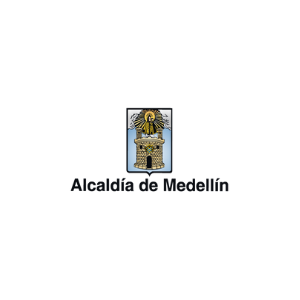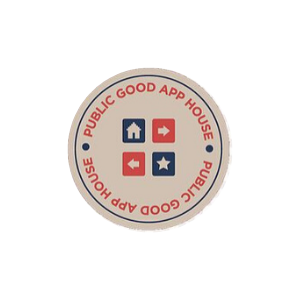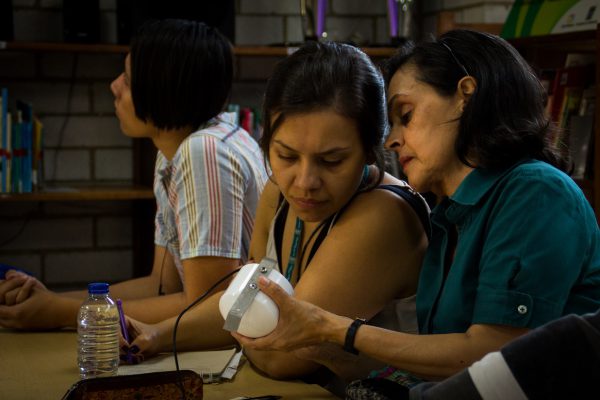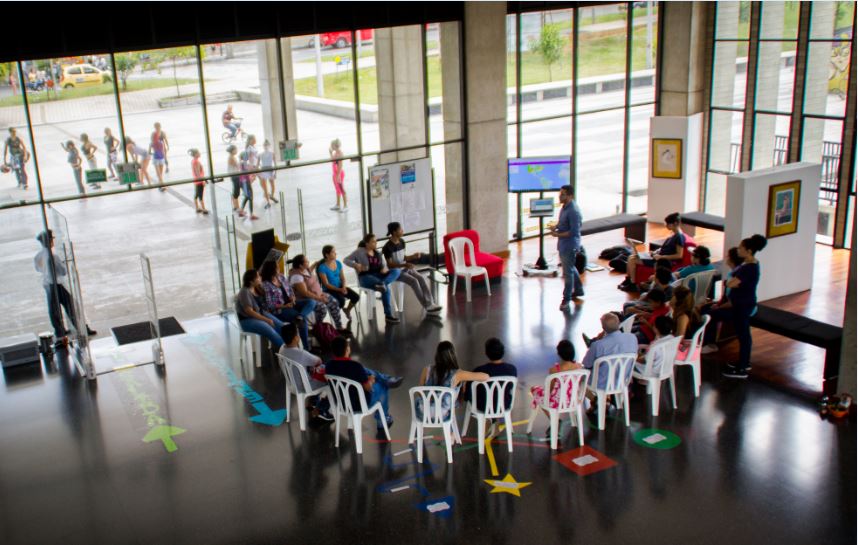
Project Execution: May 2017 – Currently
Location: Medellín and Cali (Colombia)
Beneficiaries: Community near to the air quality measurement centers
Project Execution: May 2017 – Currently
Location: Medellín and Cali (Colombia)
Beneficiaries: Community near to the air quality measurement centers
Partners:
Medellin Data Strategy Council
IBM
Ruta N
Alcaldía de Medellín
Public Good App House,produced by Caravan Studio (a división of Techsoup)
Renting Colombia
At MAKAIA we are aware of the importance and the benefits of open data. We have partnered with different institutions to promote an Open Data culture in Colombia through two projects:
Collective Open Data Creation Pilot: A project that sought the promotion of data culture through the installation of a network of sensors for monitoring air quality with the participation and commitment of each citizen in the use of open data. To achieve this, we execute two components: technological adoption and training.
Open Data Workshops: Continuing our interest in fostering an open data culture, with the support of IBM Colombia, Ruta N and Uniandinos, we developed two Open data workshops for social organizations in the cities of Cali and Medellin in 2017.





In the beginning, we selected ten (10) institutions in the city of Medellín as air measurement centers. In each one of them a sensor capable of measuring particles in the range of 2.5 microns and 10 microns in diameter was located. These particles establish the criteria to determine the levels of pollution in the air. The sensors are connected to a WiFi network in order to visualize in real time the data registered to the platform purpleair.com for further analysis.
In addition, we have one (1) additional sensor in the MAKAIA offices, and every day, in our Twitter account, we publish a summary of air quality variations.
Trainings
During the pilot, we hosted workshops in each of the measurement centers with the following contents:
1. Air quality and literacy in the use of open data.
2. Installation, configuration and preventive maintenance of the sensor, Big Data.
3. Processing of data published by the sensor, visualization and practical exercise.

In the workshops we had the participation of assistants from the community near the measurement centers, people of different ages, professions and work. The development and execution of this pilot is systematized and documented in order that other organizations can replicate the project or that the scope is extended to other regions. These sensors are currently in operation and providing information on air quality in real time. MAKAIA works in the extension of this sensor network, bringing communities closer to the culture of open data and improving practices that affect the environment.
The centers where the air quality is measured in Medellín are:
Private initiatives of citizens and organizations such as Renting Colombia have join this network of sensors.

In 2017, we trained 113 people close to the measurement centers through the Project Trainings and installed 11 sensors. We also held 2 workshops in the cities of Medellin and Cali, with 43 attendees.
In 2018 we benefited 211 people and 22 organizations by holding 30 workshops and developing other actions, such as: